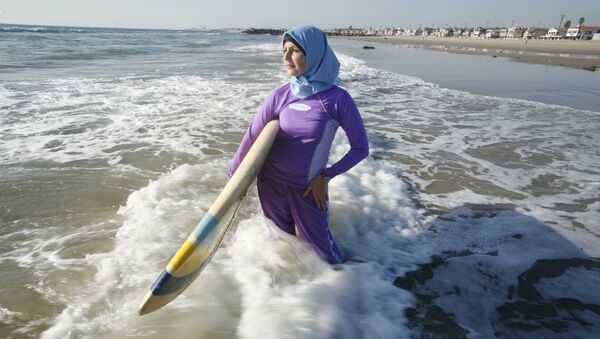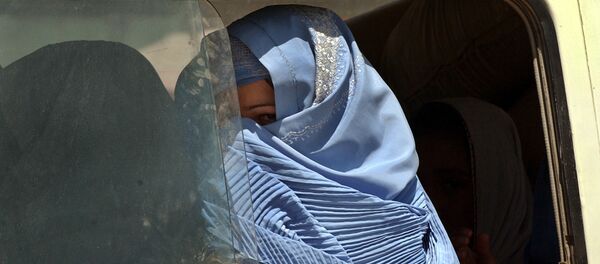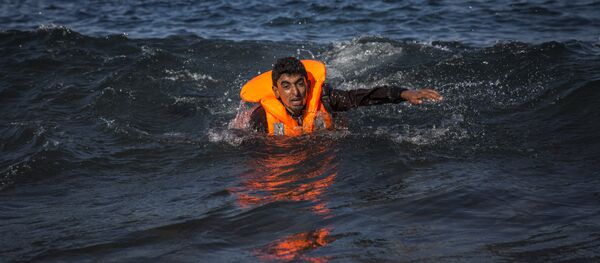The municipality of Hässleholm in southern Sweden has pioneered the purchase of burkinis for Muslim girls to raise participation in swimming lessons at schools.
"We know that there are students who cannot participate in the swimming lessons without more covered clothing, so the aim is simply to increase participation as much as we can," deputy chief Rolf Bengtsson told the Swedish daily Skånska Dagbladet.
In addition to noble considerations of religious tolerance and inclusion, hygienic reasons lie behind the decision. Previously, many of the girls swam wearing their regular clothing, triggering complaints over the amount of bacteria dispersed in water.
"Many swam dressed in shawls or with their clothes on, and then like thirty million bacteria leaked into the water from sweat, makeup, feces and other things," Qpoolen swimming pool manger Henrik Samevik said. According to Samevik, the swimming pool experienced problems with water quality and informed the school that swimsuits, shorts or burkinis were obligatory for the students in order to be able to continue using the premises.
However, the burkini remains a controversial garment due to its religious nature. According to many, including Sara Mohammad, who is president of the Swedish association Never Forget Pela and Fadime (GAPF), which works against honor-related violence, it is a strong symbol of oppression, and its use in official contexts only further promotes its spread.
"Certainly, there are some people who argue that the Islamic veil and full body clothing are a token of oppression against women, but it's not up to schools to make this interpretation," Rolf Bengtsson said, venturing that this measure won't promote the burkini. "No matter how you slice it, I believe it would be significantly more awkward if students could not attend swimming lessons," he concluded.
Since at least last spring the school was also found to be renting burkinis to Muslim girls. By contrast, swimsuits or other swimwear are not available for rent, since it is assumed that swimming pool visitors bring them along.
"The burkini is a symbol of female oppression," Dick Andersson, a member of the Culture and Recreation Board at Ljungby Municipality told the Swedish newspaper Smålänningen. Andersson argued that Sweden was a secular country and that municipalities that supplied burkinis were promoting the oppression of women.





